Winter Biking – The Joy Trip Project
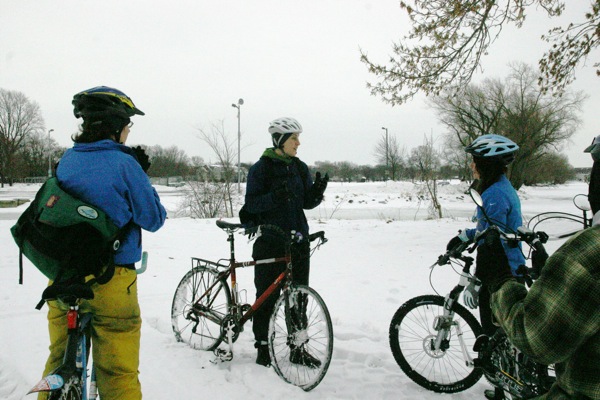
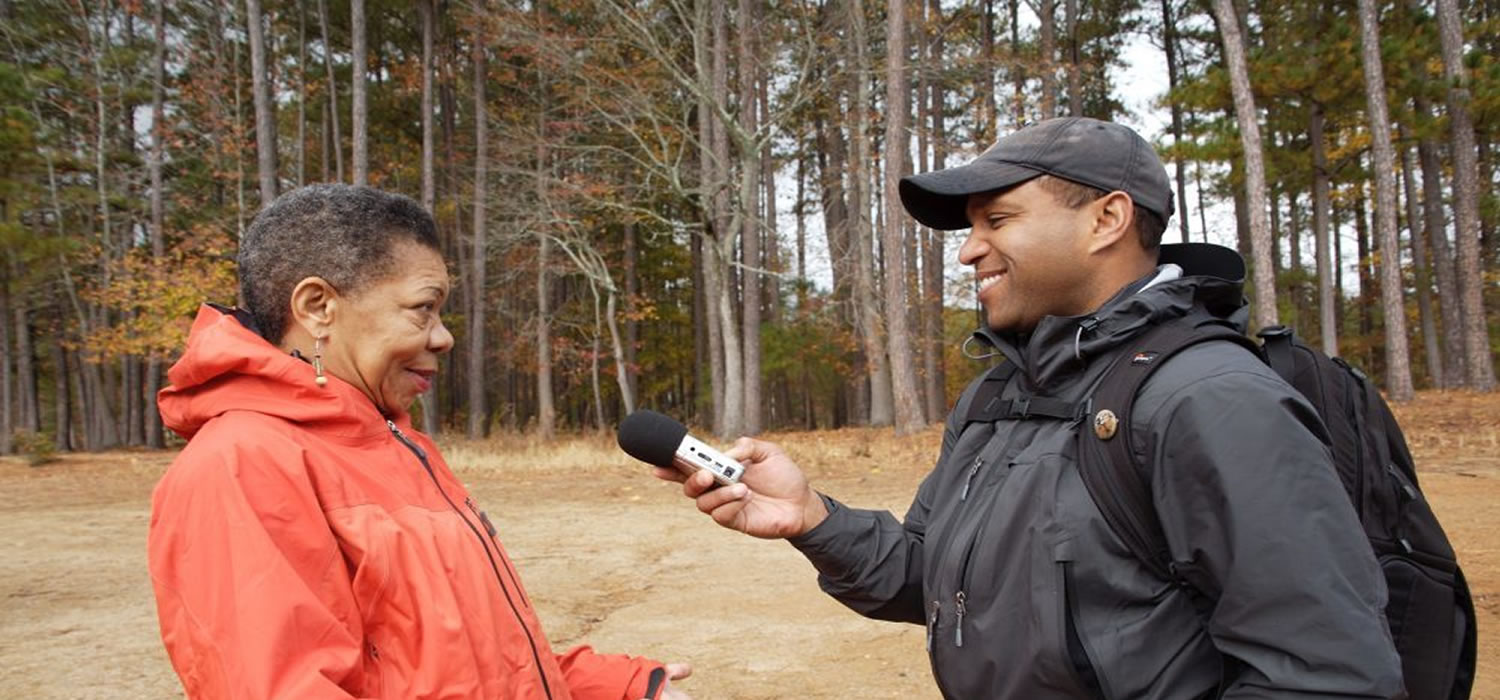

 Racism is a word that seldom comes up in a discussion of environmental protection. Clean air, water and soil are universal human values that transcend ethnic identity or the color of one’s skin. But in metropolitan centers around the United States minority communities are being inundated with a disproportionate burden of pollution. Industrial waste, municipal garbage and sewage treatment plants are routinely deposited in areas predominately populated by low income African Americans and Hispanics.
In 1988 a community organizer named Peggy Shepard was asked to help address concerns around the creation of one such sewage treatment plant. A facility built in the New York City burrow of Harlem.
Racism is a word that seldom comes up in a discussion of environmental protection. Clean air, water and soil are universal human values that transcend ethnic identity or the color of one’s skin. But in metropolitan centers around the United States minority communities are being inundated with a disproportionate burden of pollution. Industrial waste, municipal garbage and sewage treatment plants are routinely deposited in areas predominately populated by low income African Americans and Hispanics.
In 1988 a community organizer named Peggy Shepard was asked to help address concerns around the creation of one such sewage treatment plant. A facility built in the New York City burrow of Harlem.
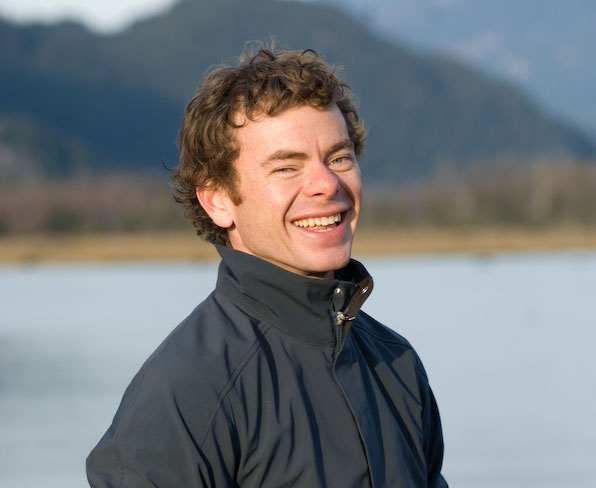 [/caption]
I’ve learned a lot through that first season. With the collapse of traditional media, as newspapers and magazine continue to fold up under the weight of an antiquated model of communication, I’ve discovered that this form of storytelling, sharing music, art and adventure online is the wave of the future. With many creative souls out there building new high quality content for Internet there’s no shortage of great stories to tell. If you’ve been following along on the blog and on Facebook, you’ll know that I’ve been more than a little busy still traveling and finding new subjects to share with you. And in the process I’ve become thoroughly inspired by the work of many others who are pushing the boundaries of creative expression as they explore the heights and depths of the human spirit.
You’ve heard me mention my friend Fitz Cahall. He’s the creator of my favorite podcast The Dirtbag Diaries. Fitz has new project that recently posted the Internet, a series of short films that depict the lives of adventurers chasing their passion through course of a year, a season.
I connected with Fitz toward the end of last year during the Banff Mountain Film Festival. There I saw the premiere edition of the 22 part film series The Season. It’s an exciting yet, moderately paced thoughtful contemplation on what motivates ordinary people who do exceptional things in the outdoors. At the Banff Centre for mountain culture, in Alberta Canada, I also met Fitz’s partner co-producer and director of the Season Bryan Smith.
Produced exclusively for distribution online, the Season brings Internet adventure storytelling to a new level. Directed by Bryan Smith this new film series illustrates the narrative behind the lives of people like each of us who aspire to lead a rich live in adventure.
[/caption]
I’ve learned a lot through that first season. With the collapse of traditional media, as newspapers and magazine continue to fold up under the weight of an antiquated model of communication, I’ve discovered that this form of storytelling, sharing music, art and adventure online is the wave of the future. With many creative souls out there building new high quality content for Internet there’s no shortage of great stories to tell. If you’ve been following along on the blog and on Facebook, you’ll know that I’ve been more than a little busy still traveling and finding new subjects to share with you. And in the process I’ve become thoroughly inspired by the work of many others who are pushing the boundaries of creative expression as they explore the heights and depths of the human spirit.
You’ve heard me mention my friend Fitz Cahall. He’s the creator of my favorite podcast The Dirtbag Diaries. Fitz has new project that recently posted the Internet, a series of short films that depict the lives of adventurers chasing their passion through course of a year, a season.
I connected with Fitz toward the end of last year during the Banff Mountain Film Festival. There I saw the premiere edition of the 22 part film series The Season. It’s an exciting yet, moderately paced thoughtful contemplation on what motivates ordinary people who do exceptional things in the outdoors. At the Banff Centre for mountain culture, in Alberta Canada, I also met Fitz’s partner co-producer and director of the Season Bryan Smith.
Produced exclusively for distribution online, the Season brings Internet adventure storytelling to a new level. Directed by Bryan Smith this new film series illustrates the narrative behind the lives of people like each of us who aspire to lead a rich live in adventure.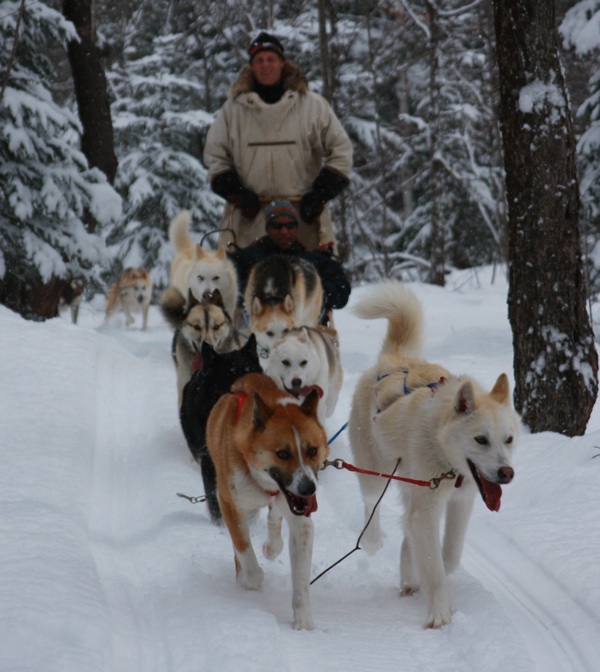
Now that winter is here it’s a good opportunity to discover that despite the cold there were many opportunities to enjoy your time outside. Hopefully you get out to ski or ice climb or skate or make angles in the snow. By far one of the coolest moments I had last winter was the better part of a morning I spent riding through the woods of the Upper Peninsula of Michigan on a dog sled. I’m not sure what I expected but I can tell you that it was nothing like anything I could have imagined.
It was one of those days in winter when the overcast sky ironically blocks out the sun’s rays but still traps the ambient heat of the air. There was no wind. So the temperature was a pure 20 degrees. Everything, the sky, the leafless trees, the ground packed in ice and snow seemed cast in monochromatic shades of black, gray and white. Most every aspect of the landscape was utterly still.
But piercing the silence came the sound of barking dogs. Not the least bit disturbing, the noise the dogs made seemed a natural part of this particular environment, like a pack of wolves answer the call the of wild.
Each of the dogs yipped and yelped their excitement because as I came to discover pulling a sled in flashes of fangs, claws and muscle along these frozen trails is exactly what they were born to do. I would find that riding a dog sled is as thrilling and natural an experience as you can have.
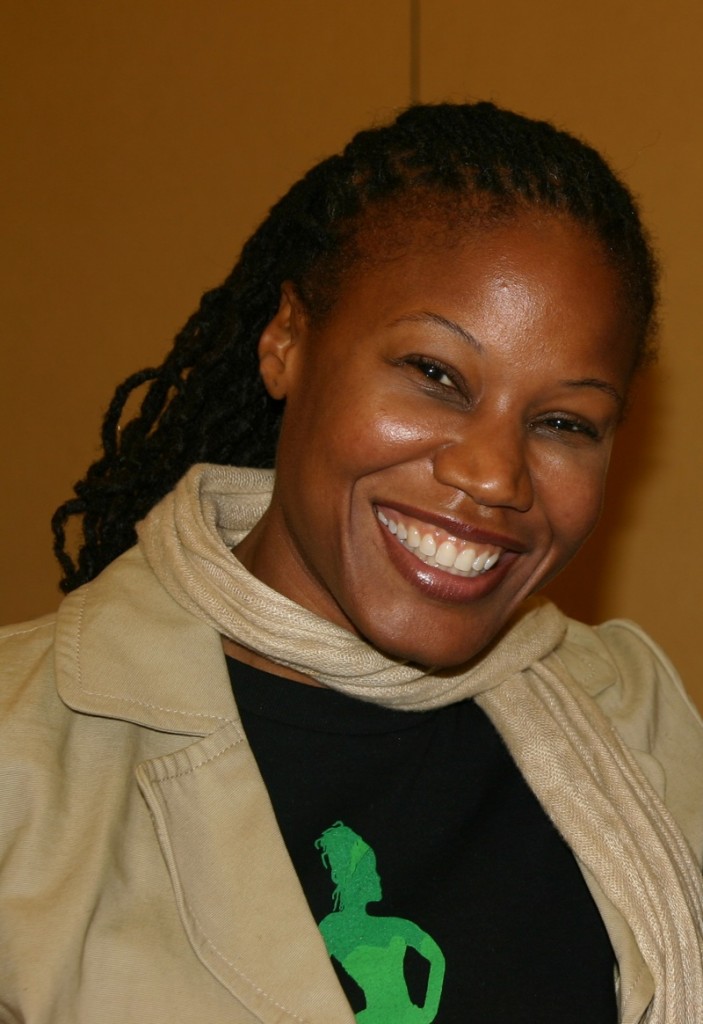
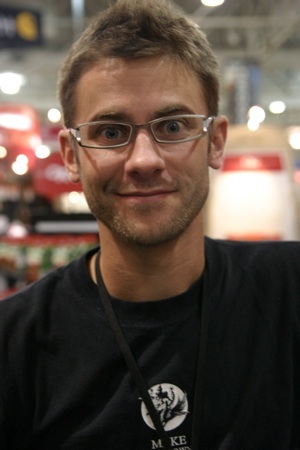 An interview with climber/artist Jeremy Collins
An interview with climber/artist Jeremy Collins


You must be logged in to post a comment.